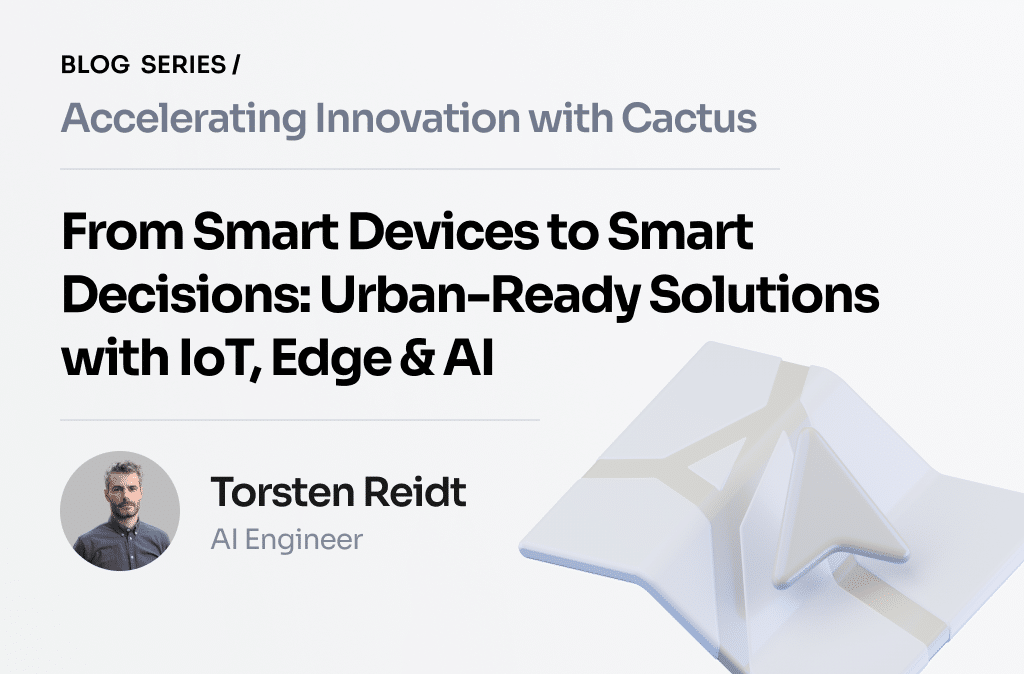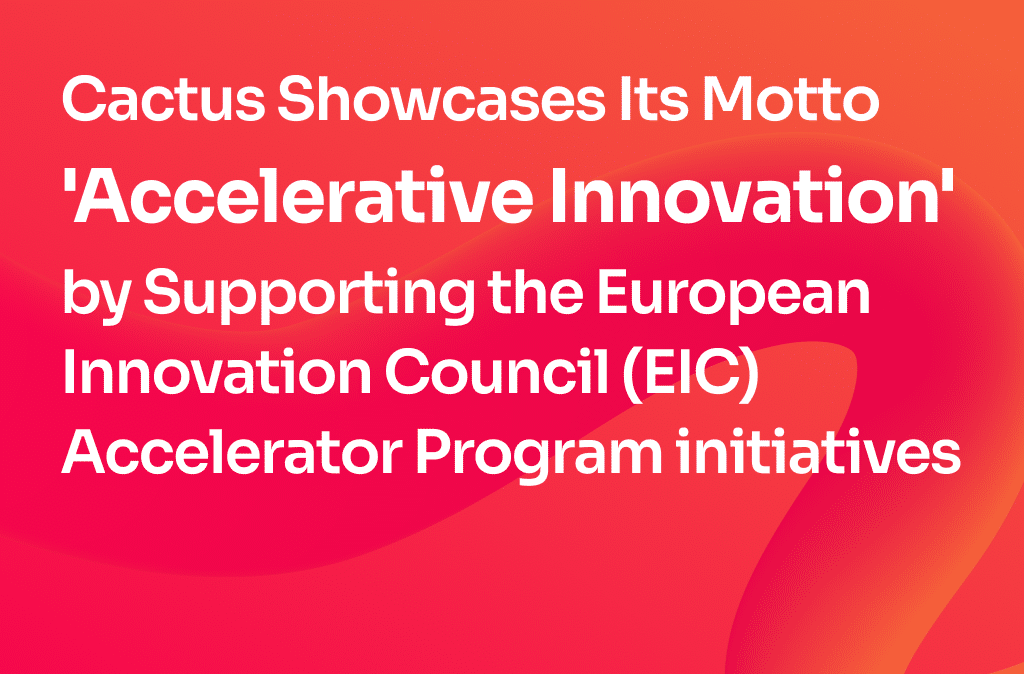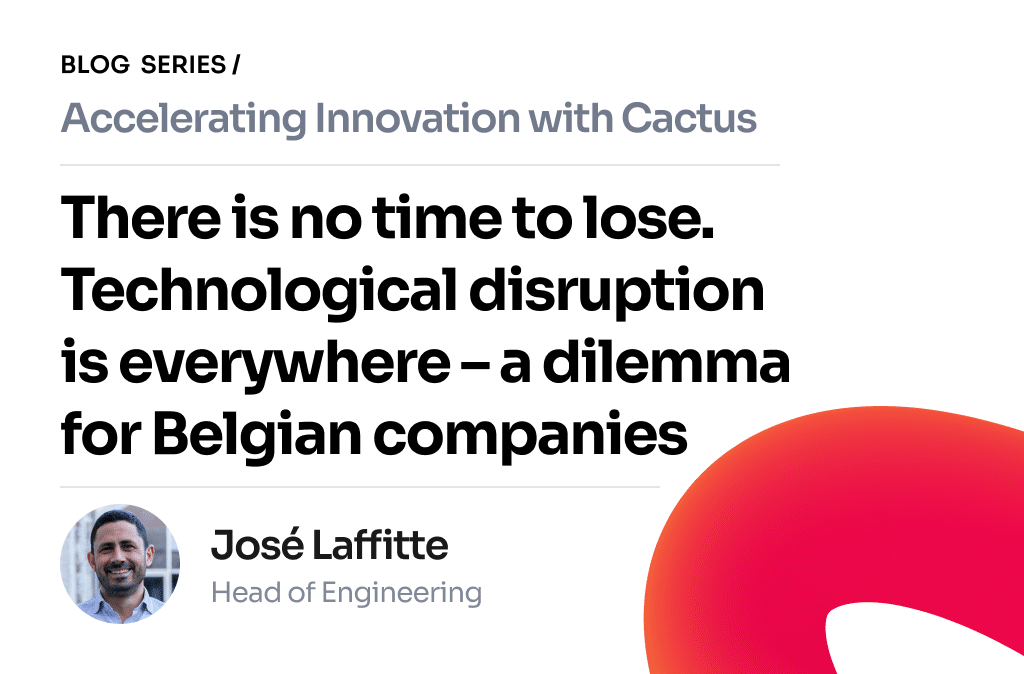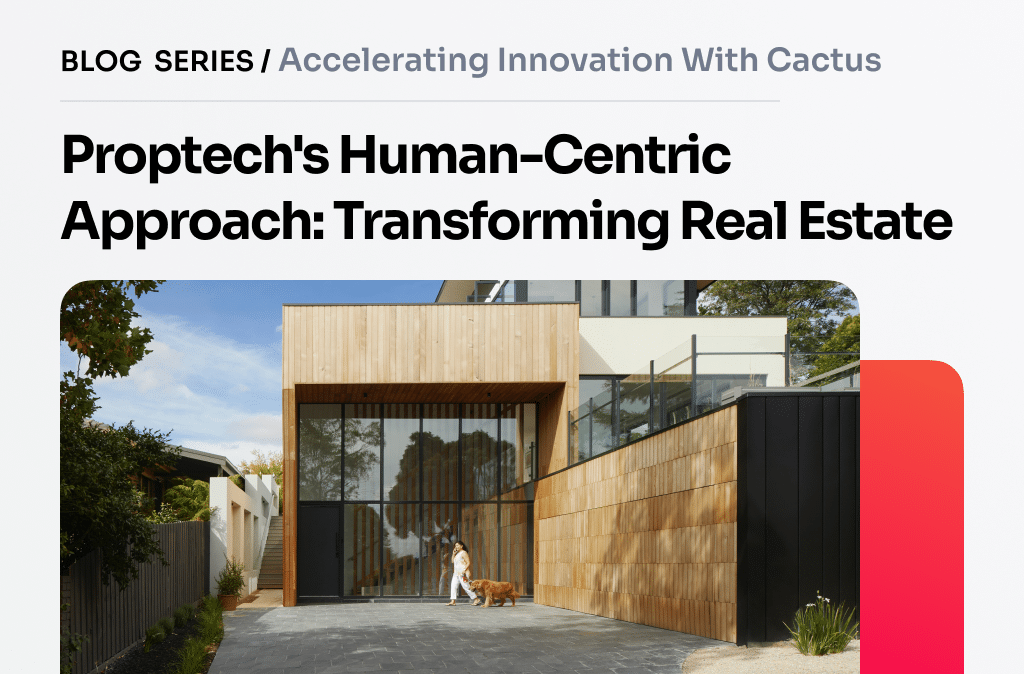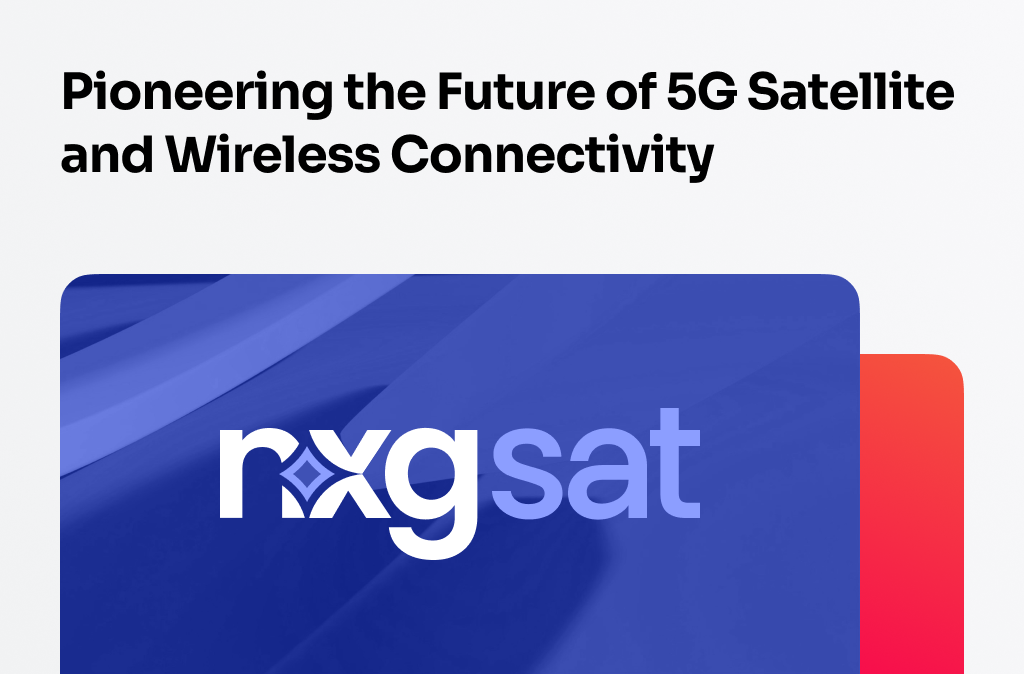Machine Learning (ML) is becoming a driving force behind digital transformation for HR departments. It enables forward-thinking businesses to replace tedious manual recruitment processes with automated solutions; thereby enabling HR to prioritize high-priority tasks.
ML equips HR teams with real-time data using pre-set algorithms to provide an enhanced and informed experience for new candidates, as well as current employees. This guide will explore how Machine Learning has impacted the role of HR and what it can do to propel businesses forward.
Machine Learning’s Evolving Role in Human Resources
The role of HR used to be about sourcing the right candidates, managing hiring processes and onboarding, overseeing employee career development and facilitating exits. HR expectations have changed in recent years, with many companies expecting HR departments to apply deep-learning to predict attrition rates, candidate success and create an employee-oriented culture.
Machine Learning allows HR teams to tackle new and emerging challenges in the industry. As new technical skills emerge, recruiting teams have to scout for novel skill sets and adopt flexible recruiting practices to tap into these new candidate pools. Workforces are also adopting digital processes, which allow teams to work remotely and grow globally—but also add further complexity to HR oversight. Machine Learning provides real-time data and shifts HR’s approach from a reactive to a proactive approach to help deal with this complexity.
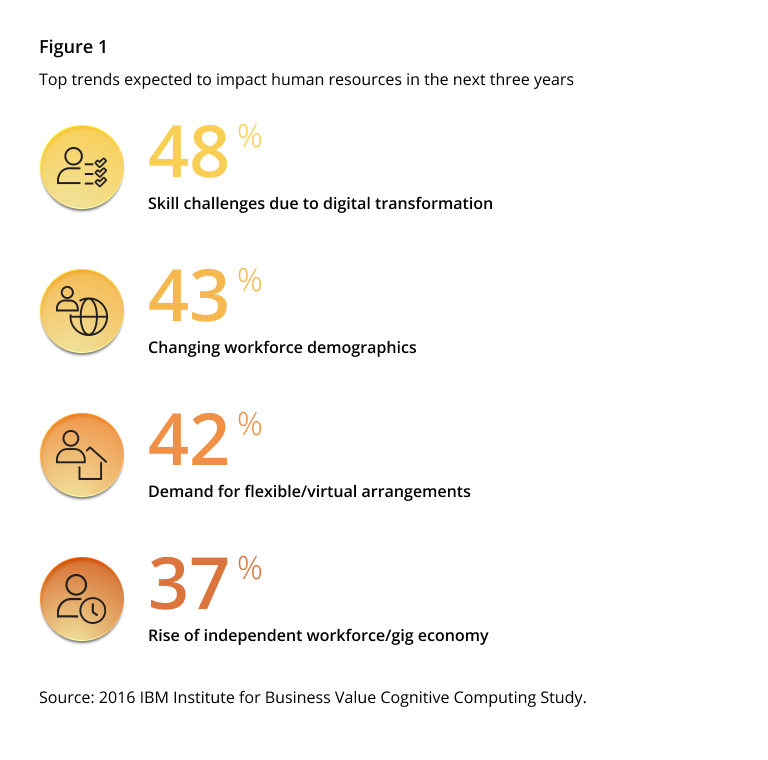
In addition to streamlining HR processes, applying ML to HR functions benefits the business as a whole. More than half of CEOs agree ML will be a disruptive force in their industry and address common challenges such as responding more quickly to change, faster response times and more effective employee skills development. All of these challenges present an opportunity for ML to positively affect a company’s bottom line—whether through direct measures (managing labor costs) or indirect measures (increased employee engagement).
How Machine Learning is Being Used by HR & Recruiting Teams
The evolving expectations of human resources have influenced a greater adoption of deep-learning tools through AI and Machine Learning. ML is reshaping how HR teams operate at every step of their recruiting, onboarding and employee management process. Indeed, ML can deeply impact every function in a traditional HR department:
- Recruitment: Predictive ML models streamline candidate sourcing by analyzing and identifying hot prospects using pre-set attributes. ML-driven automation tools can be used for chatbots in early-stage interview scheduling, analyzing video interviews and predicting new hire performance.
- Onboarding: ML takes the form of a virtual assistant and replaces routine onboarding tasks. Chatbots can handle routine questions and free up HR to tackle more challenging issues. Virtual learning, development resources and surveys are mobile-friendly ML tools where HR can gather immediate feedback and review and identify recurring themes to fine-tune the onboarding process.
- Performance Management: Digital transformation is equipping HR teams with a wealth of data. ML can help store and process these large data volumes while forecasting key metrics such as capacity predictions, predictive performance analytics, “team fit” metrics and even unethical behaviour. HR can use this data to provide faster response times, more accurate predictions, workflow automation and increased employee engagement.
- Compliance + Risk Management: Monitor and reduce subconscious bias in the hiring process and employee management process with ML. Predictive models can be used to assess risk with retention and attrition analytics, absence and accident prediction and fraud detection.
- Employee Time Management: ML solutions can support authenticators such as fingerprint scanners and biometric confirmations to track onsite workplace activity. ML-supported time management solutions track employee attendance, predict absences and PTO and can minimize time theft.
- Payroll: Robotics Processing Automation (RPA) is automating accounting processes with ML to streamline payroll, minimize financial discrepancies and create rule-based workflows.
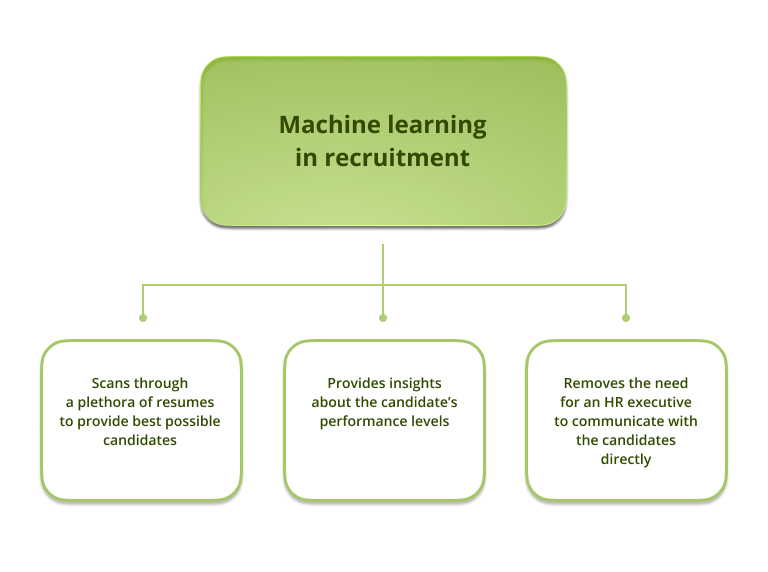
Benefits of Machine Learning for HR, Employees, and the Entire Business
As alluded to, Machine Learning is helping HR sift through large quantities of data, find predictive patterns and apply them proactively to improve all aspects of their job functions. Considering 39% of business leaders think their HR processes are too complex, Machine Learning can be a big help for dynamic HR teams in managing constantly changing processes, evolving employee benefits and new digital solutions.
Streamlining HR processes has exponential benefits that stretch across the organization. Here’s how ML-backed HR processes can benefit each stakeholder:
Employee Benefits
- Quicker response times to questions and issues
- Personalized guidance and career paths
- Continuous skill development with access to personalized digital learning resources
Candidate Benefits
- Pleasant, more-personalized hiring experience
- A stronger connection to the targeted employer brand
- Less wasted time being interviewed for jobs they’re unqualified for
HR and Recruitment Benefits
- Create richer candidate profiles with targeted talent sourcing
- Make informed decisions about prospective candidates
- Insights lead to more personalized recommendations for employee management
- Focus on more pressing tasks with workflow automation
- Rapidly identify and mitigate emerging issues with accurate prediction and analytics
Business Benefits
- Increased employee engagement and higher productivity
- Predictive workforce planning
- Reduced employee attrition through better targeting of new hires
- Encourage leadership and skill development with digital learning resources
- Cost savings through more streamlined and effective HR processes overall
Where Machine Learning Can Support Growing HR Needs
Machine Learning is still a new practice and technology is growing to meet the evolving needs of ML-enabled solutions. As digital transformation allows businesses to expand their Machine Learning capabilities, there are emerging opportunities for ML to support growing business needs:
- Enterprise Management: Just as predictive analysis and big data are being used to streamline HR functions, thought-leaders like Google and KPMG are applying it to holistic enterprise management. ML-backed enterprise management focuses on using data and predictive models to continuously improve the employee lifecycle.
- IoT Wearables and Behaviour Tracking: Behaviour tracking is expected to be an emerging ML-supported analytics tool through the help of IoT wearables. Smart ID badges and wearable bands can be used to facilitate contact tracing, social distancing and create safe work environments.
- Wellbeing Management: ML is helping businesses take on an employee-oriented culture. Applying ML to wellbeing management allows HR to shift from a passive to proactive approach by catering health and wellness resources to meet an individual’s specific needs.
Keeping the Human in HR
Machine Learning is propelling Human Resource teams forward and empowering companies to take a more sophisticated and proactive approach to recruiting and employee management.
Although Machine Learning powers the data, HR still requires a human touch, which ML can help with by providing more personalized recruitment and ongoing employee engagement and skills development.

Dean Mathews is the founder and CEO of OnTheClock, an employee time tracking app that helps over 10,000 companies all around the world track time.
Dean has over 20 years of experience designing and developing business apps. He views software development as a form of art. If the artist creates a masterpiece, many people’s lives are touched and changed for the better.
When he is not perfecting time tracking, Dean enjoys expanding his faith, spending time with family and friends, and finding ways to make the world just a little better.

